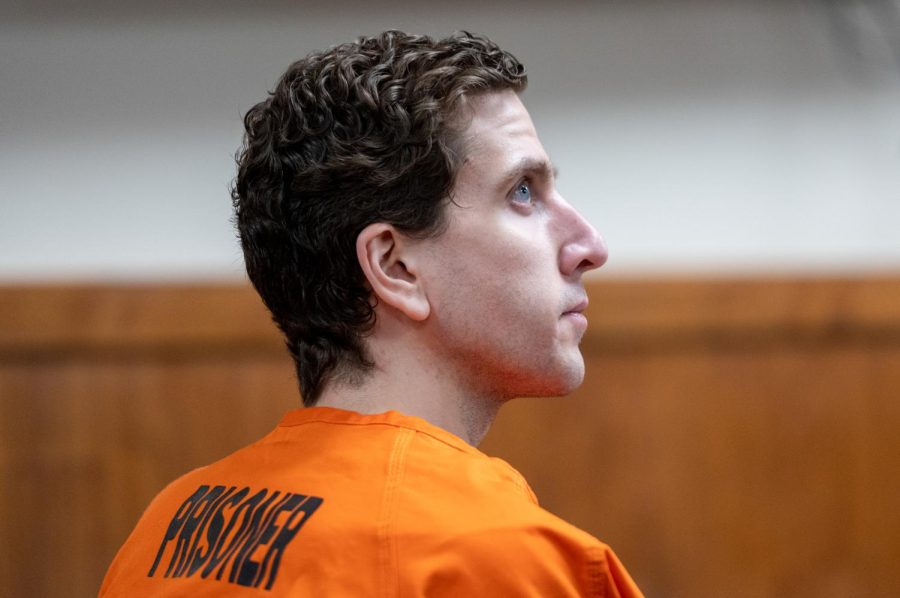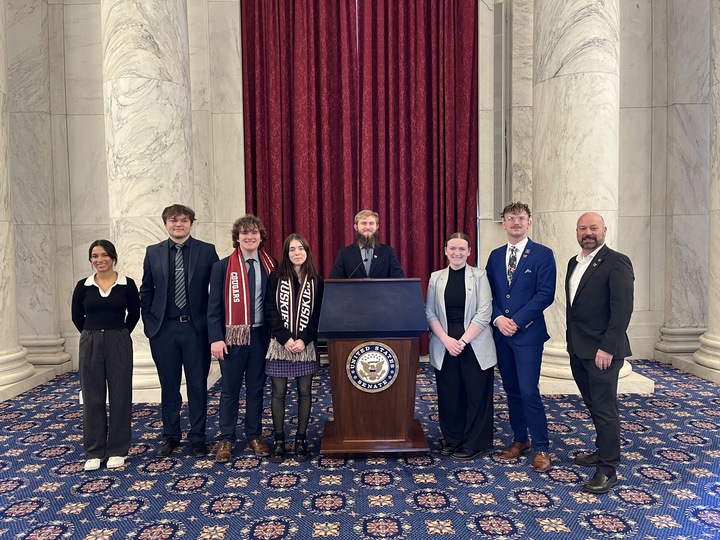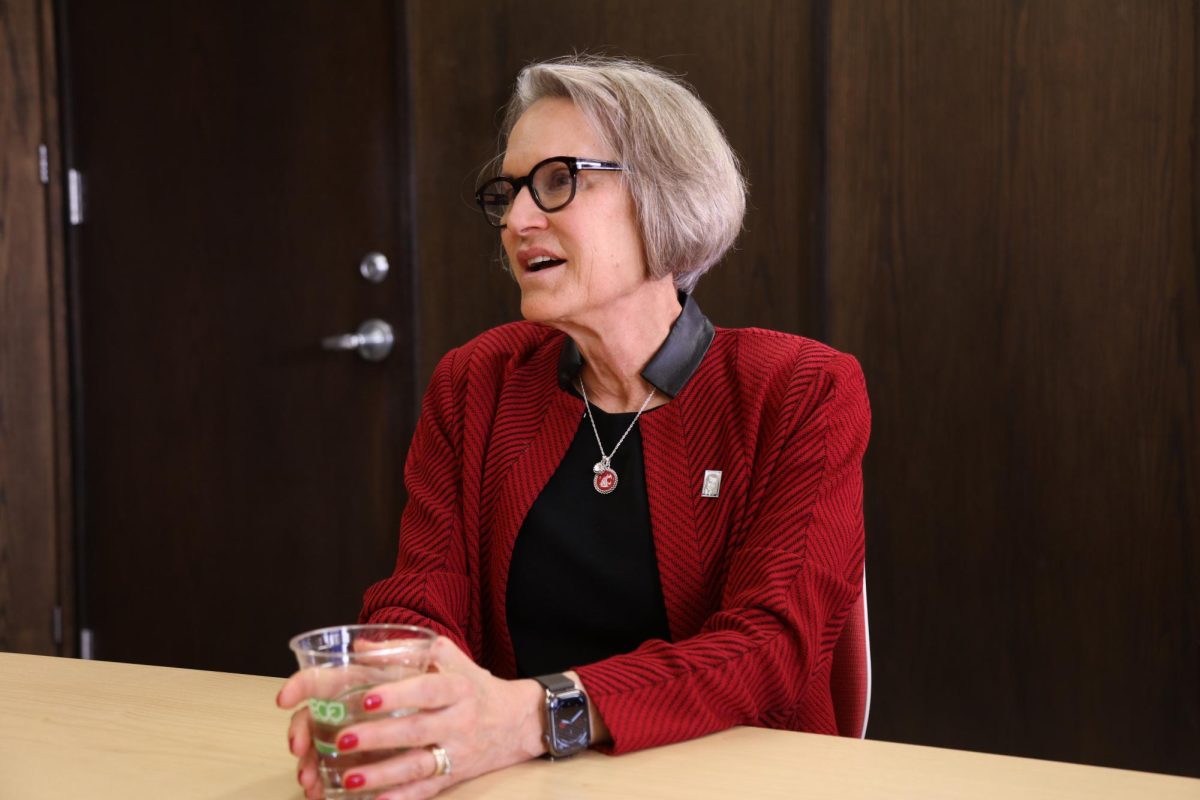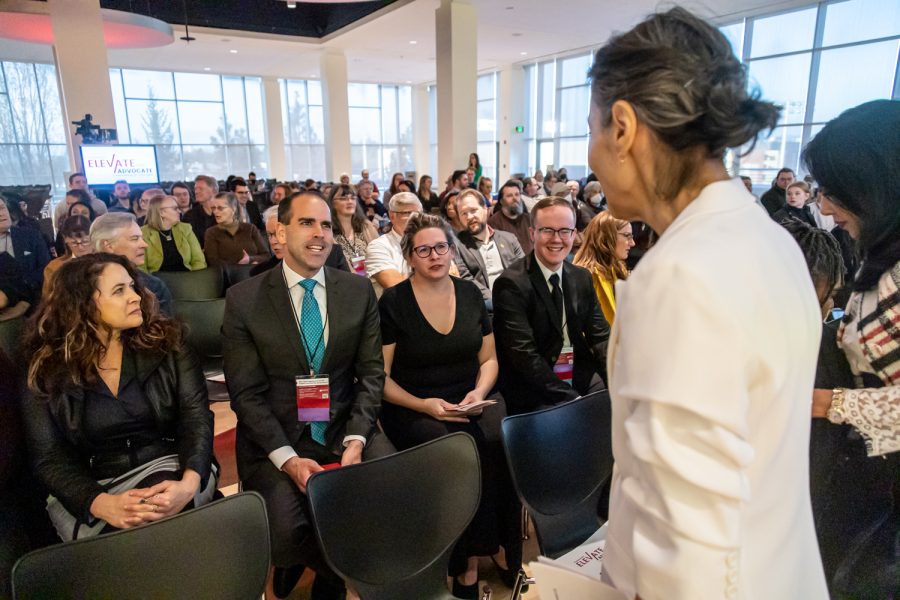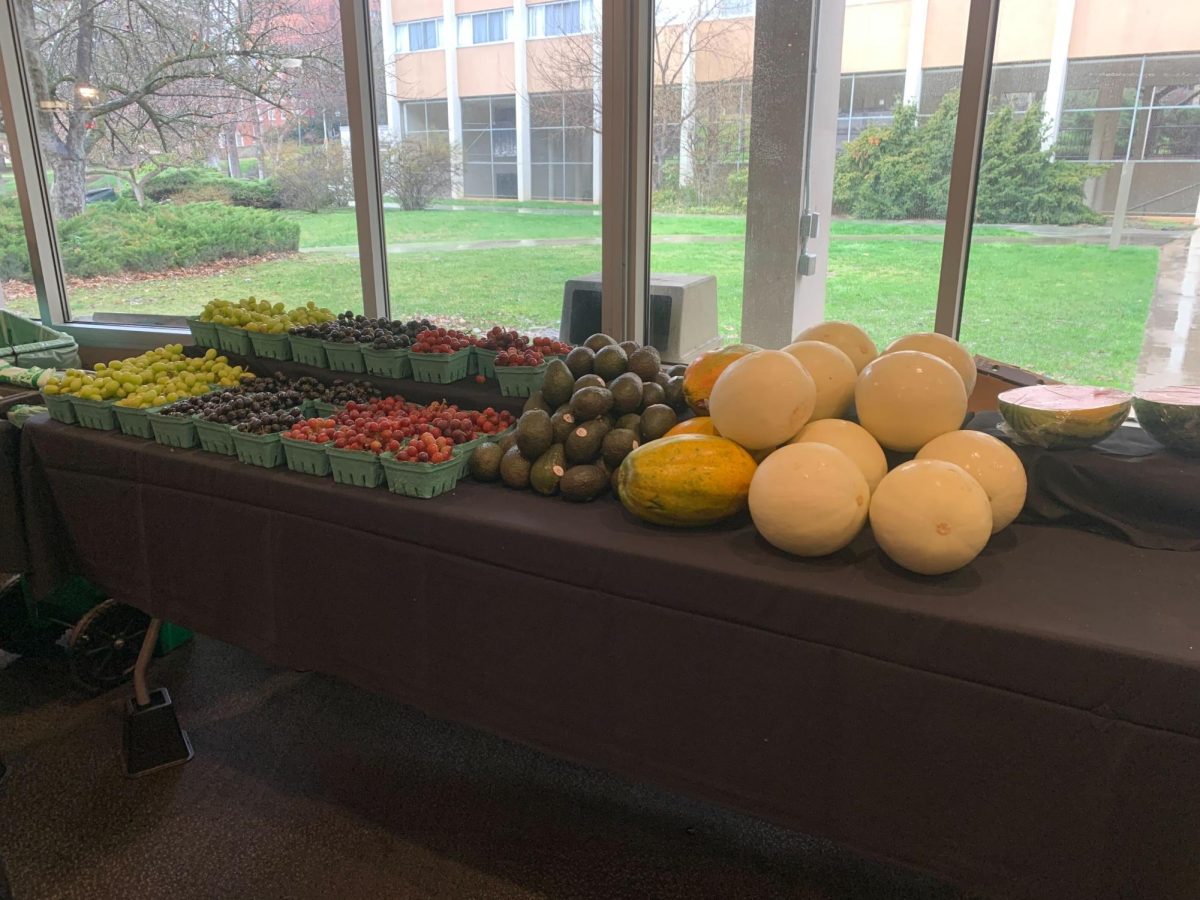Judge Steven Hippler has ruled in an order dated Nov. 19 that Bryan Kohberger will remain eligible for the death penalty if convicted of the 2022 University of Idaho stabbings.
In an earlier hearing on Nov. 7, Kohberger’s defense team asked Judge Hippler to remove the possibility of the death penalty. Anne Taylor, the lead attorney for Kohberger’s defense, argued the death penalty would violate the Eighth Amendment because Idaho did not have the means to execute Kohberger humanely, according to the Idaho Statesman.
Though Judge Hippler did not immediately rule on the defense’s motion, he did express skepticism toward the defense’s arguments, according to the Idaho Statesman. Specifically, Judge Hippler noted how Idaho had recently acquired the necessary drugs to carry out a lethal injection.
In his order, Judge Hippler outright rejected the defense’s Eighth Amendment claim.
“Defendant has presented no case where a capital defendant who has not yet even been found guilty of murder can challenge the method of execution,” he said. “Even if Defendant’s motion were ripe, it has been foreclosed by prior United States Supreme Court precedent finding both lethal injection and the firing squad to be constitutional methods of execution.”
Judge Hippler found a further constitutional inadequacy with the defense’s claim.
“To strike a method of execution as unduly painful under the Eighth Amendment, Defendant must come forward with an alternative method,” he said. “He has not done so, thus foreclosing his claim.”
Kohberger is now set to face a jury in a trial scheduled to begin Aug. 11, 2025. If convicted, he faces death as the prosecution has announced they intend to seek the death penalty.
Jury selection is scheduled to begin July 30, 2025. The jury will consist of Ada County residents.
The trial was moved to Ada County by the Idaho Supreme Court in an order released back in September.
The Court’s order came after Judge John Judge released an order granting the defense’s motion for a change of venue. Kohberger’s defense team had argued that there was unfair bias and notoriety around the case in Latah County.


